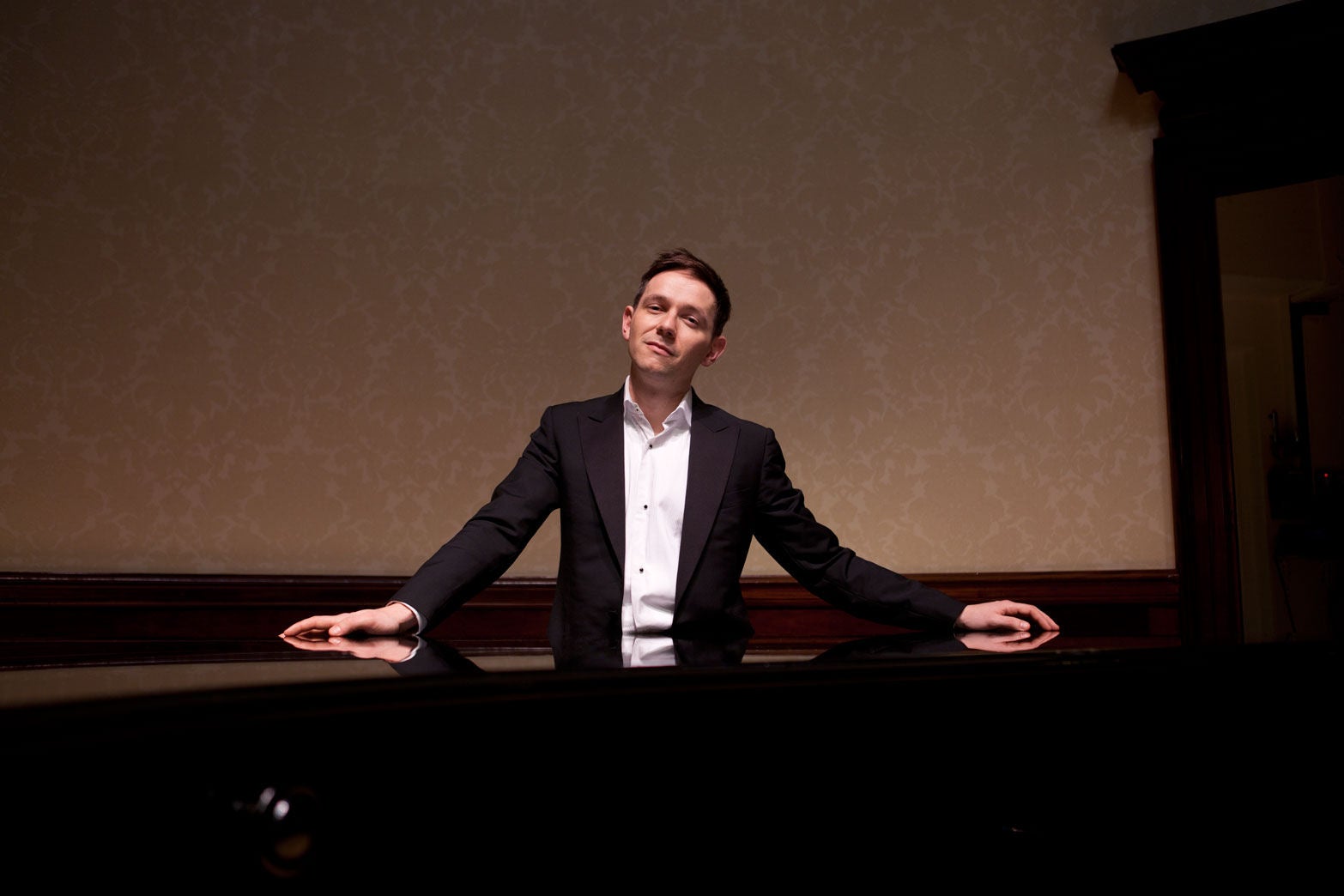Iestyn Davies, Ensemble Matheus, Spinosi, Wigmore Hall, London

‘A singularity of voice’ is the title of Iestyn Davies’s current Wigmore residency, which is being supported by the Iestyn Davies Syndicate.
This week, even without such grandiloquent backing he would still have filled the hall twice over, because his unique sound – coupled with his refined artistry – has made him the countertenor of choice for everyone from Baroque specialists to Thomas Ades.
The first of his two evenings was devoted to countertenor and castrato arias by Handel, interspersed with instrumental music by Handel and his German coeval Georg Philipp Telemann.
The first aria was a setting of words by Ambrose Philips (charmingly known as Namby-Pamby thanks to his children’s verses) which Davies despatched with languid grace, to be answered antiphonally by Neil Brough’s flawless performance on the valveless trumpet.
Here was Davies’s trademark vibrato-free expressiveness, and his evenness of tone from top to bottom of the register; Jean-Christophe Spinosi and the strings of the Ensemble Matheus made a fitting accompaniment.
The first half bowled sweetly along, but the stringing-together of the arias wasn’t skilful enough to generate dramatic momentum, while the virtuoso cantata with which Davies opened the second half had moments of uncharacteristically wonky intonation. Was this a vocal off-day?
We got our answer after flautist Jean-Marc Goujon and recorder-player Alexis Kossenko had played – in a lovely blend of timbres - a double concerto by Telemann, when Davies launched into three arias from Handel’s ‘Partenope’.
This bawdy mockery of an opera seria has a plot worthy of a Feydeau farce: the denouement is a duel where one of the contestants is a girl dressed as a man, whose opponent rumbles her disguise by demanding that they fight bare-chested.
Davies’s arias were originally sung by Bernacchi and Senesino, the most famous castrato virtuosi of the day, and here at last he could let rip and prove he was indeed at the top of his form. ‘Sento amor’ had a chaste, sustained beauty, and ‘Ch’io parta’ (‘Must I depart?’) was exquisitely paced; the tempestuous rage of ‘Furibondo spira il vento’ allowed him go out in a coloratura blaze; no surprise that he should be hauled back for an encore from ‘Rodelinda’.
The programme notes for this concert, by countertenor Rick Jones, were imbued with a singer’s insights; the concert itself will be available on BBC iPlayer until next Tuesday.
Subscribe to Independent Premium to bookmark this article
Want to bookmark your favourite articles and stories to read or reference later? Start your Independent Premium subscription today.

Join our commenting forum
Join thought-provoking conversations, follow other Independent readers and see their replies